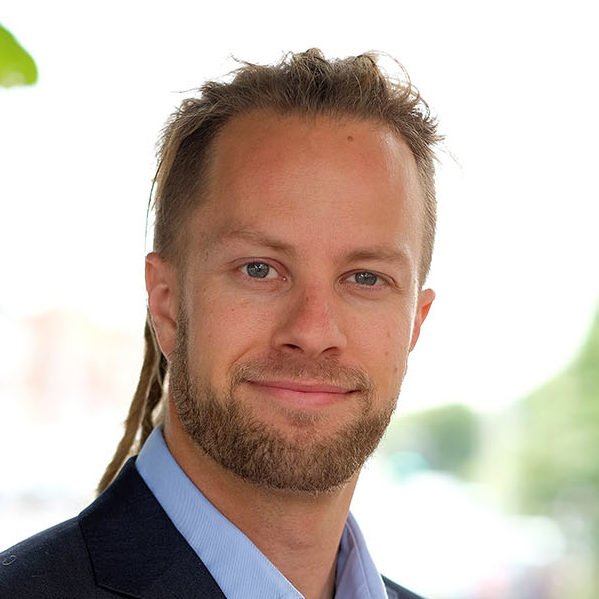

Despite being in the same room, they barely interacted and just stuck with the methods they had grown accustomed to in the past year: namely, their devices.
My child has been much more anxious and less confident when speaking to adults, often missing social cues and misinterpreting the body language of adults resulting in the appearance of bad manners. He also prefers to play alone instead of with his friends.
Humerah, LifeLine team member and parent


But the more I thought about it, the more I realised it applied to myself as well—over this past year, have we, as a society, forgotten how to play together?
We, quite rightly, think of young people as being most vulnerable to issues like these, but the truth is that it affects us all – this is truly a once-in-a-lifetime event and we’re still coming to terms with how deep the impact will be. And there is very likely to be a need for long-term ongoing support – a study of New York residents following the 9/11 attacks showed much higher than expected levels of psychological distress for up to 14 years after the event itself.
However, we can already see what a year-long period of enforced isolation has done to our mental health—across the UK, mental health indicators are still significantly worse compared to pre-pandemic levels. This, in turn, can even lead to the development or worsening of more specific disorders, such as agoraphobia, germaphobia and OCD.
I think compassion should be at the heart of how sectors open up: schools, universities – as well as churches/faith sector. I feel the reopening of schools, in some cases, has been quite outcomes-driven, rather than holistic in approach.
Jeremy, LifeLine team member and parent


Instead, we see a rise in anger and violence being using as an outlet for our emotion. America’s Federal Aviation Authority recently reported a ten-fold increase in cases of bad behaviour by airline passengers; worrying in itself, but even more–so when you realise how few people would be flying during the pandemic.
But now, as we approach the final stage of our roadmap out of lockdown, it’s time to work out the way forward. We need to take a good look at ourselves and realise how we’ve changed—to recognise the skills that we’ve forgotten and to set out our plan to rebuild them. Most of all, we need to remember we’re not alone in this—some of us will undoubtedly readjust to our new freedoms much faster than others, but we should always be open to supporting others and be patient with those that are still struggling.
If you’re excited to be socialising again, try to be aware about how others you know might be feeling – is there someone you could invite for a walk/chat who might be feeling more hesitant? What sort of settings might they find easier/more difficult? Think about this when you’re planning social activities.
Jeremy, LifeLine team member and parent
Finally, for those of us who have the opportunity to make a direct impact, we must consider carefully the services we offer and what more we could do. Better support for mental health is sure to be at the centre of our recovery after COVID, but there is no one-size-fits-all approach.
So I ask, what can you do to help your community become more resilient than it was before COVID?



